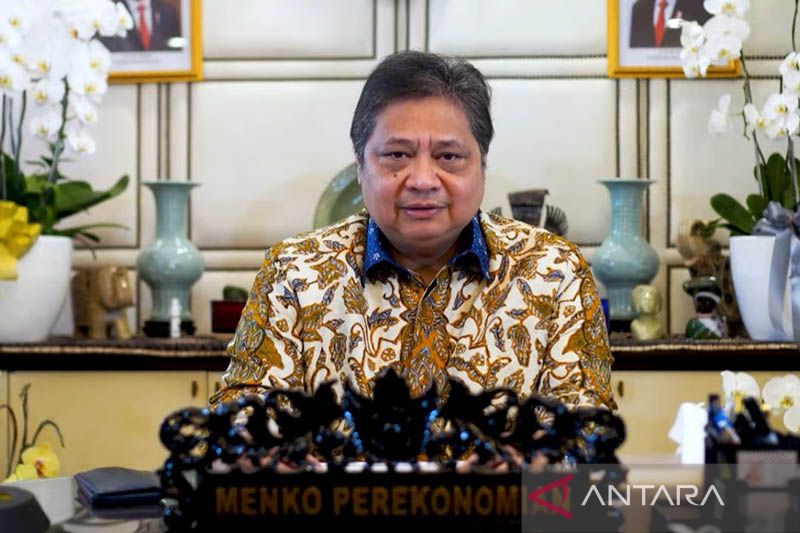The rising trend of telecommunications fraud in recent years has been effectively curbed, but intensified crackdowns will remain with comprehensive governance and prevention, authorities said.
“There are still a large number of criminal gangs in Cambodia, the Philippines, the United Arab Emirates, Turkey, northern Myanmar and other countries and regions, committing fraud targeting Chinese citizens,” Liu said. .
Last year, the ministry sent several task forces to Cambodia, the United Arab Emirates, northern Myanmar and other key countries and regions, to carry out international law enforcement cooperation. law. More than 610 suspects have been flown back to China from overseas, Liu said.
An investigation team from China’s Ministry of Public Security was also based at the Cambodian Ministry of Interior to investigate and collaborate with their Cambodian crackdown on online scams and online gambling syndicates.
The number of registered fraud cases has decreased for nine consecutive months. The national police solved 394,000 such cases and arrested 634,000 suspects, up 28.5 percent and 76.6 percent year-on-year, respectively, according to the Ministry of Public Security.
The ministry has worked with other judicial and administrative departments to target all aspects of fraud crimes, including people who leave the country to commit crimes and who use phone cards and bank cards to carry out fraudulent activities, said Du Hangwei, vice minister of public affairs. Security.
“Big data, cloud computing, artificial intelligence and other technological means have been deeply integrated into prevention and management measures to prevent the public from being deceived,” Du said.
Authorities have helped 61.7 million people avoid being deceived by possible telecom fraud attempts over the past year. They also stepped up countermeasures and implemented a fast and dynamic mechanism that blocked 1.95 billion fraudulent calls, 2.14 billion text messages, 2.1 million fraudulent domain names and websites, and halted 329 billion yuan ($51.6 billion) in payments that may have involved fraud.
Du said public security organs have vigorously promoted source control and education, and persuaded 210,000 people involved in the fraud to return from overseas over the past year. The number of people who have committed crimes against Chinese people from overseas has dropped significantly.
Strict exit control measures have also been implemented, effectively cutting off smuggling channels at borders and preventing large numbers of people involved in fraud from attempting to leave China to engage in fraud, he said. he declares.
Liu Zhongyi, head of the criminal investigation bureau of the Ministry of Public Security, said the rapid rise in cases has been effectively curbed, but the crime situation related to telecom fraud remains grim and complex, and that intensified repression and global governance should remain.
Telecom network fraud has become a common crime in recent years and is a global problem.
Fraud gangs use custom scripts based on collected personal information to target different groups, covering areas such as fake investments and financial management, fake online loans and fake customer service, Liu said.
Liu said fraudulent gangs are well-organized and have a clear division of labor, with group leaders often hiding abroad and using the pretext of high-wage recruitment to lure and recruit inexperienced young people to work. they engage in fraudulent activities.
Using overseas chat software, group leaders guide people in the Chinese mainland to engage in various crimes involving schemes related to things like mobile app production and development, promotion, commercial information, money transfer and money laundering. Such crimes have the obvious characteristics of transnational organized crimes, he said.
Li Ruiyi, deputy chief judge of the Third Criminal Division of the Supreme People’s Court, said the courts combine the recovery of people’s losses with the advancement of the trial while dealing with such cases to ensure that the funds involved are returned to victims in a timely manner.
Li said the highest court, the Supreme People’s Procuratorate and the ministry have continuously improved and clarified law enforcement standards to meet the needs of handling cases.
“We will research and formulate evidentiary standards suitable for the characteristics and laws of telecommunications fraud cases, and further solve the difficulties of investigating and collecting evidence and identifying such cases,” Li said.
To provide legal support, the Legislative Working Committee of the National People’s Congress is accelerating the legislation of the Anti-Telecommunications and Internet Fraud Law.
- Keywords: China, fight against telecom scams
 Welcome To Poole
Welcome To Poole




